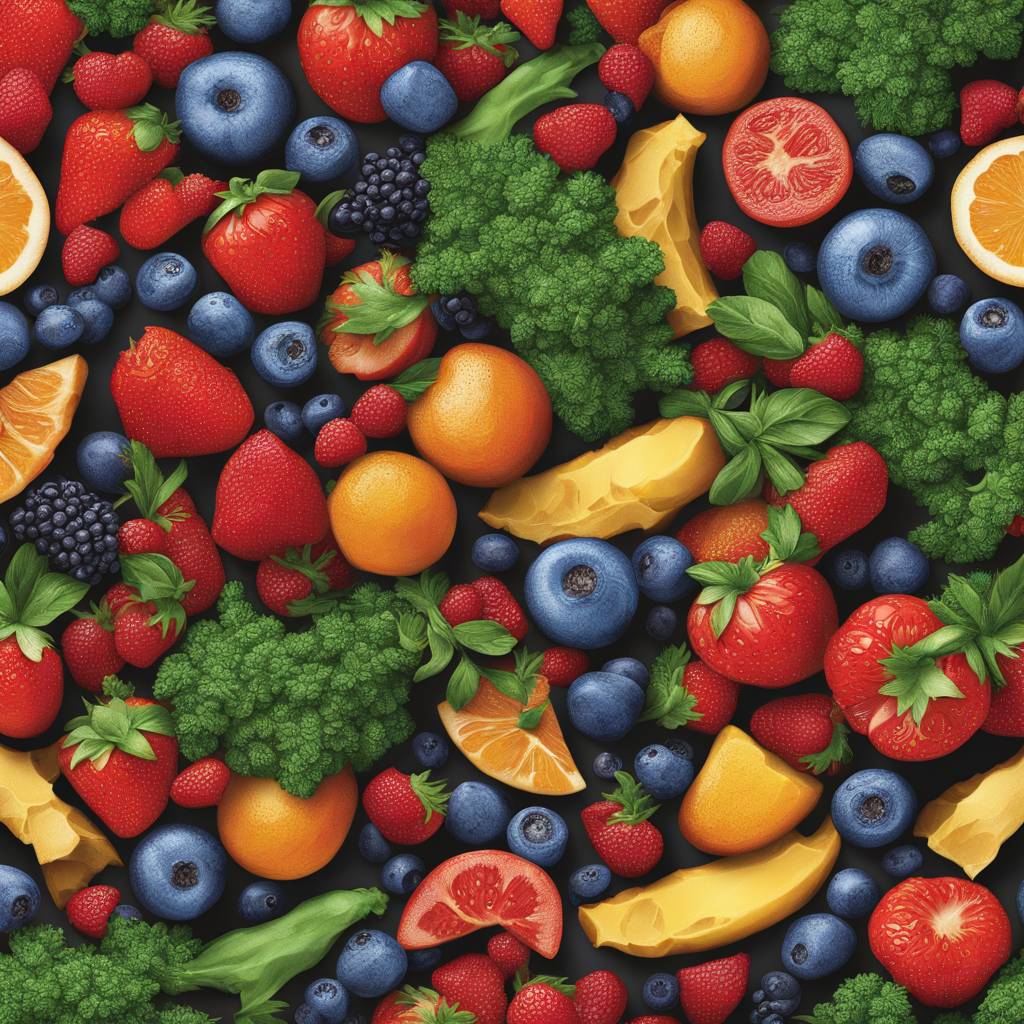Beans are also beneficial for our heart health due to their high fiber content, which helps to lower cholesterol levels and reduce the risk of heart disease. Additionally, beans are low in fat, especially saturated fat, and they contain no cholesterol, making them a heart-healthy food choice. Along with their fiber content, beans also contain potassium, which helps to regulate blood pressure and reduce the risk of stroke. The combination of nutrients found in beans makes them a powerful food for supporting overall cardiovascular health.
In addition to their heart-healthy properties, beans are also beneficial for promoting good gut health. The fiber found in beans acts as a prebiotic, feeding the beneficial bacteria in our gut and promoting a diverse and thriving microbiome. This, in turn, can have positive effects on our immune system, as a healthy gut microbiome is essential for optimal immune function. Furthermore, the short chain fatty acids produced by the metabolism of fiber by gut bacteria have anti-inflammatory properties and can help to protect against a range of chronic diseases.
Beans are also an excellent source of plant-based protein, making them a valuable addition to a vegetarian or vegan diet. With 12 to 16 grams of protein per cup, beans can help to meet the body’s protein needs and support muscle growth and repair. In addition to protein, beans are rich in a variety of vitamins and minerals, including calcium, iron, zinc, and various B vitamins. This nutritional profile makes beans a nutrient-dense food that can contribute to overall health and well-being.
One of the key reasons beans are underrated, according to Professor Tim Spector, is their affordability and convenience. Whether canned or dried, beans are readily available and can be stored for long periods of time, making them a convenient option for adding to meals. While some people may have concerns about canned beans, Spector reassures that they retain most of their nutrients and make a delicious addition to meals. Incorporating beans into your diet can be a cost-effective way to boost your nutrient intake and support your overall health.
Overall, beans are a nutritional powerhouse that offer a wide range of health benefits. From promoting good gut health and supporting heart health to providing plant-based protein and essential vitamins and minerals, beans are a versatile and affordable food option that can be easily incorporated into a variety of meals. Whether you enjoy them in soups, salads, dips, or main dishes, beans are a versatile ingredient that can enhance the flavor, texture, and nutritional value of your meals. Next time you’re looking for a quick, easy, and healthy meal option, consider adding beans to the menu for a boost of nutrition and flavor.



